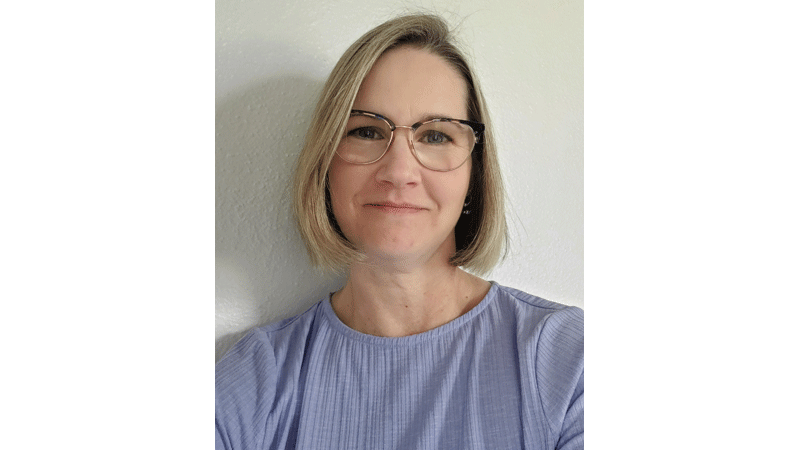Standards of learning key to uninterrupted progress for students
Published 8:19 am Friday, August 27, 2010
by Eleanor B. Saslaw
National standards advocates suggest that while other states are “racing to the top” by adopting the new Common Core standards in reading and mathematics, Virginia is resting on laurels earned during the early years of the Standards of Learning reform.
The reality is that the rigor of the Commonwealth’s accountability program has increased since students first began taking SOL tests 12 years ago. By sticking with the SOLs and not adopting the Common Core word-for-word, Virginia is keeping its students on track to higher achievement.
The Thomas B. Fordham Foundation recently found that the grade-by-grade reading objectives of the Common Core and SOLs are so similar that it was “too close to call” which set of standards is superior. The comparison was a dead heat even though Fordham’s review did not include the more detailed SOL curriculum framework documents. A review of the required content in the mathematics curriculum framework would have resolved the foundation’s questions about elementary mathematics instruction.
While the Common Core initiative has produced grade-by-grade standards comparable to the Virginia SOLs, assessments aligned to the national standards won’t be available until 2014 or 2015.
The cost of administering the new tests is just one of many unknowns. Once tests are developed, how long will it take for states and stakeholder groups to reach a consensus on what constitutes proficiency?
Abandoning the SOLs amid this uncertainty — as required to participate in the Race to the Top grant competition — would send a confusing signal to the thousands of educators who have made standards-based reform a success for the Commonwealth’s students.
Adopting the Common Core also would interrupt the systematic revision of the Commonwealth’s standards and tests in reading and mathematics that began well before the national standards initiative was launched early last year.
Students will begin taking SOL tests based on the revised mathematics and reading content in 2012 and 2013, respectively. These new assessments will include innovative items made possible by Virginia’s nationally recognized online testing program.
A passing score on a SOL test should denote grade-level proficiency rather than the lowest level of acceptable competency. There also should be a closer relationship between Virginia’s definition of proficiency and performance levels on the National Assessment of Educational Progress — while still recognizing that NAEP and high-stakes state assessments serve different purposes.
The current minimums were set during the early years of the SOL reform. The assumption was that passing scores would be revised upwards once schools became accustomed to the standards. Now that 98 percent of Virginia schools are fully accredited, it is time to challenge our students to reach higher.
Superintendent of Public Instruction Patricia I. Wright has made no secret of her intention to ask the board to raise expectations by increasing the number of items students must answer correctly to pass. I support the state superintendent and will encourage my colleagues on the board to approve higher cut scores.
Other recent actions by the Board of Education to strengthen the SOL accountability program include the following:
• Raising accreditation benchmarks in English, history and science;
• Requiring low-performing schools to meet annual goals for raising achievement;
• Requiring schools to develop academic and career plans for middle and high school students;
• Creating an incentive program encouraging students, schools and divisions to achieve excellence goals established by the board and governor;
• Requiring students to pass a course in personal finance and economics to graduate; and
• Creating annual accreditation benchmarks for graduation and requiring high schools to graduate, on average, 80 percent of students to earn a positive federal accountability rating.
And reform isn’t “stalled” in the critical area of teacher and administrator evaluation. Last month, the board directed the state education department to develop a model policy that includes growth in student achievement as a significant factor in evaluating the effectiveness of teachers, principals and other administrators.
It is time to move beyond the “SOLs versus Common Core” debate and focus on helping students meet the evolving expectations of Virginia’s dynamic and successful accountability program.
ELEANOR B. SASLAW is the president of the Virginia Board of Education. Contact her through the Office of Board Relations, Virginia Department of Education, at (804) 225-2540.





